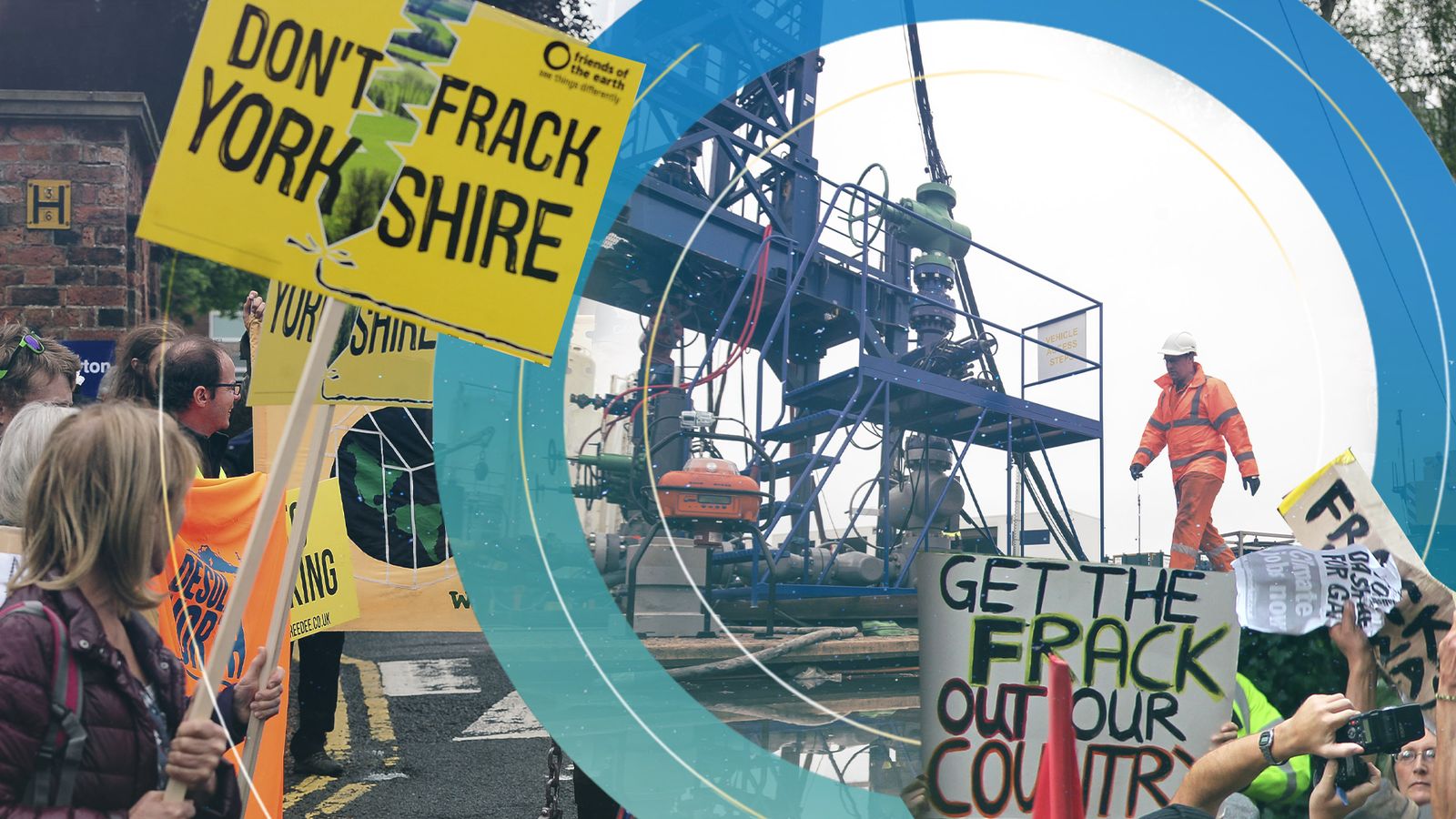The government has lifted a ban on fracking for shale gas, in place since 2019 after a series of tremors, even though a review concluded that forecasting related earthquakes “remains a scientific challenge”.
Business and energy secretary Jacob Rees-Mogg said strengthening the UK’s energy security is “an absolute priority” in light of “Putin’s illegal invasion of Ukraine and weaponisation of energy”.
In a bid to make the UK a net energy exporter by 2040, the country must explore “all avenues available to us through solar, wind, oil and gas production – so it’s right that we’ve lifted the pause to realise any potential sources of domestic gas,” he said.
The government has also confirmed plans for a new oil and gas licensing round, launching in October, paving the way for more than 100 new licences for exploration, which could involve fracking.
Ed Miliband, the shadow climate change and net zero secretary, called fracking a “dangerous fantasy”.
“It would do nothing to cut energy bills, it costs far more than renewables, it is unsafe and it is deeply unpopular with the public,” he said.
He accused the Conservatives of breaking a 2019 manifesto commitment that pledged not to support fracking “unless the science shows categorically that it can be done safely”.
Over a quarter of local authorities in England are covered by oil and gas licences – could fracking come to your area?
Ban on fracking to be lifted as part of Liz Truss’s energy plan
UK should ‘have another go’ at fracking, says leading geologist
In April the government commissioned the British Geological Survey (BGS) to assess whether there had been any progress in techniques to “reduce the risk and magnitude of seismic events” from the shale gas extraction method, which involves drilling into the earth and firing a high-pressure mixture at rock in order to release the gas inside.
The peer-reviewed report, which has been with the business and energy department since July but was published today, admitted that projecting the occurrence and magnitude of large earthquakes “remains a scientific challenge for the geoscience community”.
That means the BGS’s ability to predict and mitigate risks from fracking-induced seismic “is also a challenge,” it said in a statement.
It acknowledged some new analysis techniques were available, but said further work was necessary before they could be used to help assess risk.








